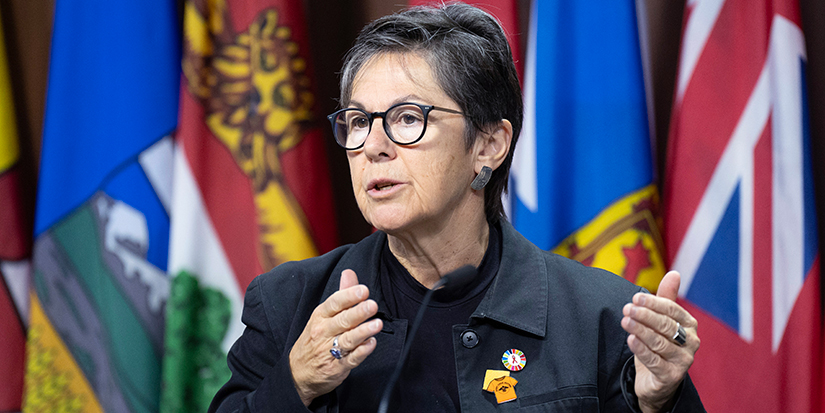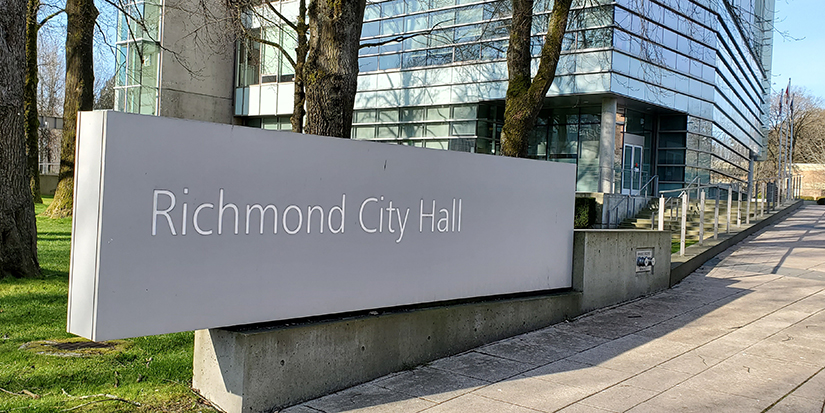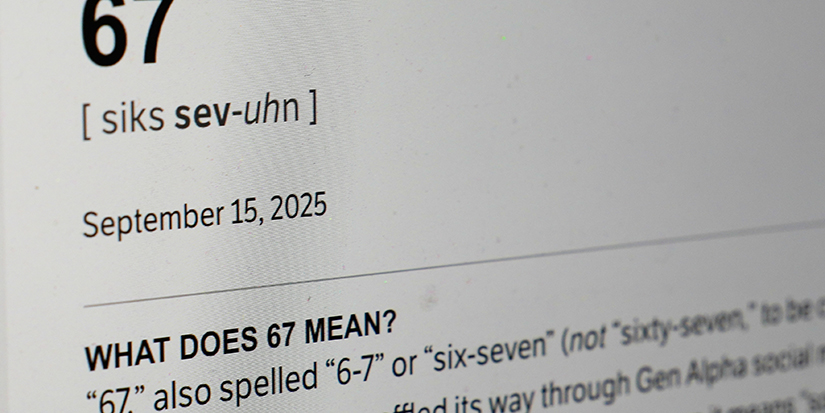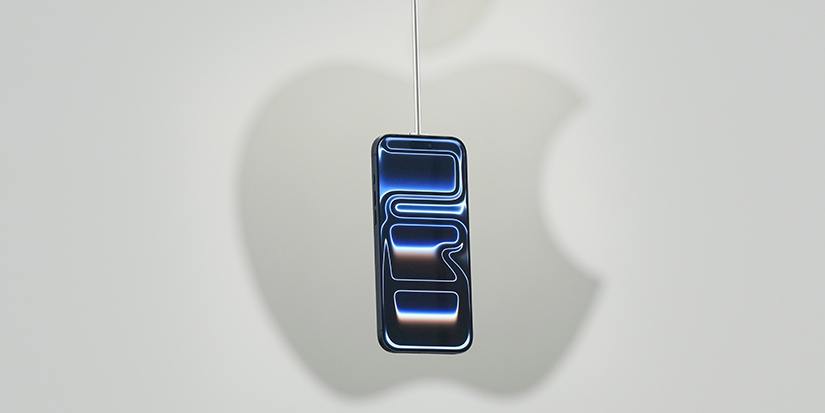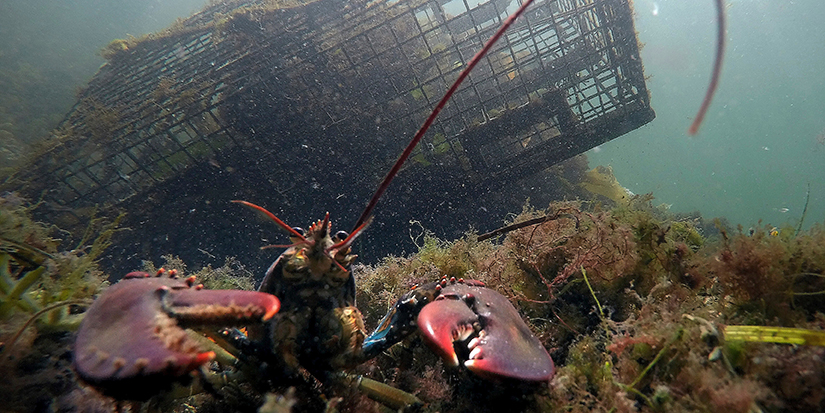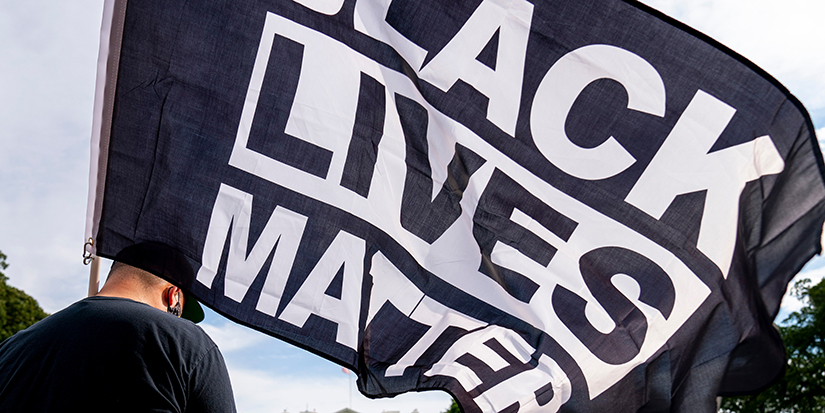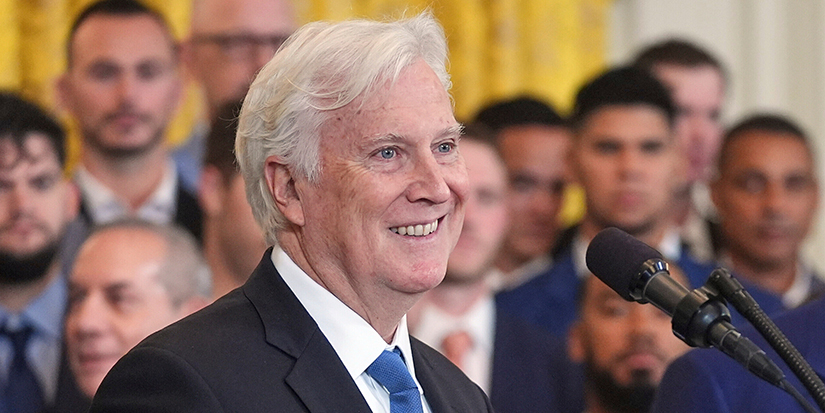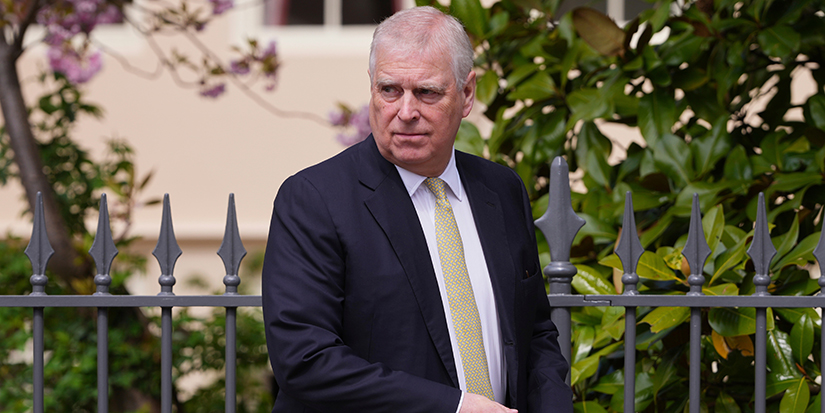National News
Senator tries again to put limits on prisons' use of solitary confinement
Published 10:40 PDT, Thu October 30, 2025
—
Sen. Kim Pate has been fighting against prisons' use of solitary confinement since 2018, when the federal government committed to curbing the practice.
She told The Canadian Press the situation has only worsened since.
Public Safety Canada reports a 36 per cent increase in solitary confinement stays of 61 days or more between 2021 and 2024.
"We've seen the proliferation, the increased use of isolation with prisoners, especially Indigenous prisoners, especially those with mental health issues," Pate said.
Pate is a driving force behind Bill S-205, also known as Tona's Law. The legislation proposes to "ensure oversight, remedies and alternatives to isolation in federal prisons."
The bill — a previous version of which died when the spring election was called — is now before a Senate committee.
Tona's Law would limit prisoner stays in solitary confinement — what Correctional Service Canada calls structured intervention units, or SIUs — to a maximum of 48 hours. It would ensure prisoners in solitary would be sent to hospital after being diagnosed with disabling mental health issues. It also would encourage the reintegration of prisoners from disadvantaged or minority populations leaving solitary through community groups and similar services.
The bill would allow prisoners to apply for a reduced sentence if there's been unfairness in the administration of their sentence.
Tona's Law is named after Tona Mills, an Indigenous woman who, after spending over a decade in SIUs, was diagnosed with isolation-induced schizophrenia because of her time in isolation.
Pate said she's pleased the bill is finally moving forward after a long delay.
"Part of the difficulty of implementation is CSC has operated with virtually no accountability" since the original bill was introduced, she said.
In 2019, the federal government gave Correctional Service Canada $74 million to boost essential health services like psychiatric care, 24-hour nursing and patient advocacy for inmates in solitary.
Pate said she's dismayed that CSC has spent that money without curbing the rise in solitary confinement, noting she is not the only one who thinks that is a problem.
"This is not the world according to Kim Pate, or lawyers who are bringing court cases. This is the ombuds office appointed by the Government of Canada to look at these issues," she said. "Year after year after year, they're pointing out these same issues and they're being ignored."
The bill is running into opposition in the Senate already.
"The parliamentary budget officer said it could cost $2 billion. So that's a problem," said Conservative Sen. Claude Carignan, a vocal critic of Tona's Law. Carignan said the bill would impose major new burdens on already-stressed public health and justice systems. "I don't think if we multiply the process and put the proceedings in front of the judge, and we create more traffic in court, that it will help the system," he said.
He argues the task of finding targeted options to isolation for certain prisoners should be left to the federal government, not a senator with a private member's bill.
"I think it's a bill that has to come from the government with all the tools that they have, to package a new system that they can implement," said Carignan. "I don't think it's a good idea for a senator to take this type of bill."
Emilie Coyle is the co-executive director at the Canadian Association of Elizabeth Fry Societies, an organization that provides support to women and gender diverse people in the prison system.
She tours prisons as part of her work and doesn't see solitary confinement cells as places to rehabilitate inmates.
"People think about SIUs as this place where you're getting extra therapy and support. That's what the name suggests. But in fact, it is used to punish people," she said.
Coyle said Indigenous women, Black women, the gender-diverse and others from marginalized communities are subjected to SIU stays more often than other inmates.
Coyle said that by law, SIU prisoners are supposed to receive a minimum of four hours of out-of-cell time every day. Two of those hours are supposed to involve "meaningful human contact" — a term she said isn't properly defined in the law.
"People end up staying in these really small, confined spaces, people watching them all the time, and they don't have opportunities to talk to people that are actually going to be caring about them," said Coyle.
"They may be in a place of extreme mental health crisis, and being in these spaces is just going to make that worse, because we know mental health crises should have ... interventions from caring therapeutic people, and that's just not what happens in the SIUs."
Pate said what happens to Tona's Law will reflect back on Canada itself.
"Canada has a good reputation, historically, of being a human rights protector, defender, and promoter internationally," she said. "And if we're not taking care of people in places like our prisons, as Nelson Mandela often said, then we're not deserving of our reputation."
– Justin Escoto, The Canadian Press
